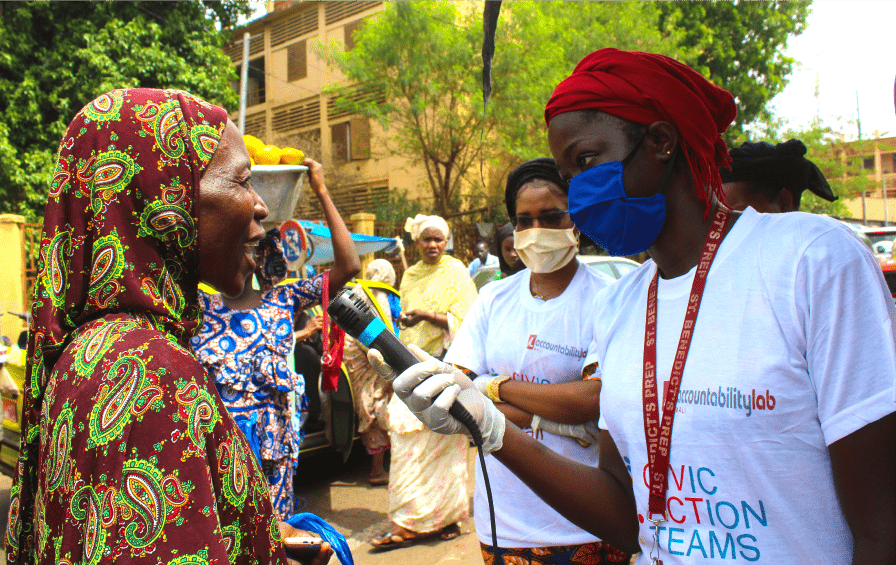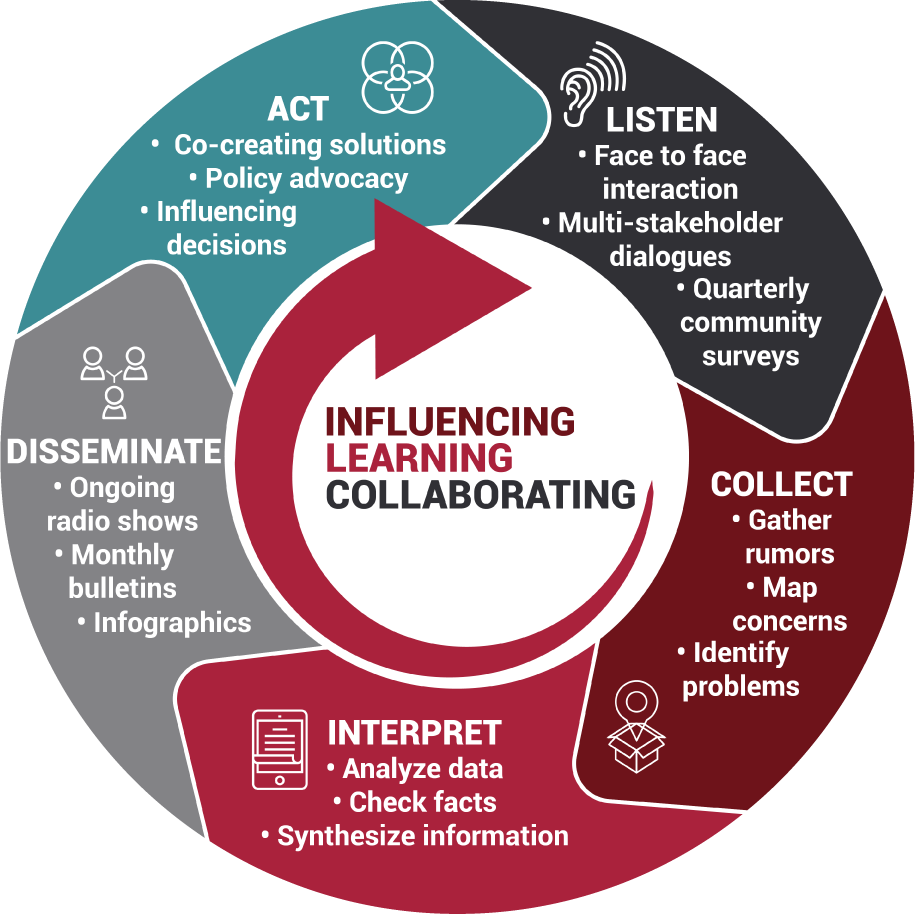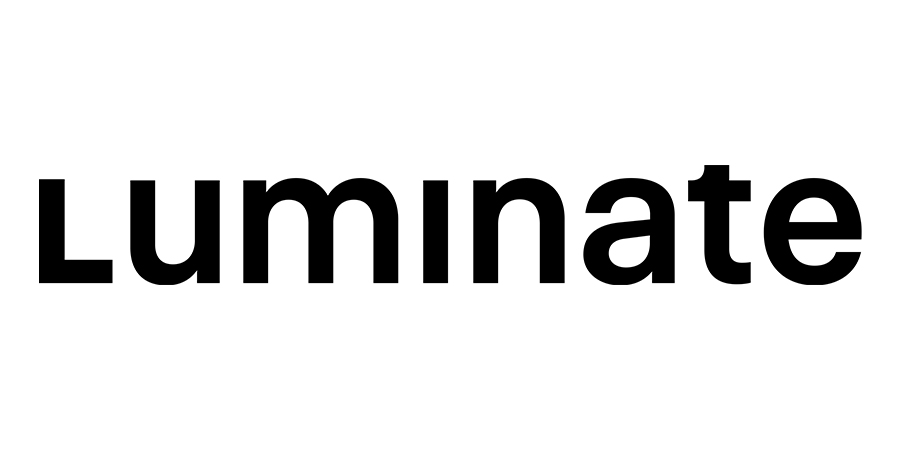INITIATIVES TO CLOSE
THE FEEDBACK LOOP
AND ENSURE PEOPLE
POWERED ACCOUNTABILITY
INITIATIVES TO CLOSE
THE FEEDBACK LOOP
AND ENSURE PEOPLE
POWERED ACCOUNTABILITY
CIVIC ACTION TEAMS:
CLOSING FEEDBACK LOOPS AND BUILDING ACCOUNTABILITY
IN COMMUNITIES
The Civic Action Teams (CivActs) are a pioneering citizen feedback, dialogue and community voice platform to ensure accountability in the development process. CivActs have now collected critical information from hundreds of communities across Nepal, Pakistan, Liberia and Mali, solving daily problems for citizens and closing the loop on challenges related to everything from migration, to human trafficking, to natural resource management and security issues.


HOW IT WORKS
1. Communities select dedicated groups of volunteers- Community Frontline Associates- led by local journalists, who act as two-way information collection and dissemination units.
2. The CFAs gather information on critical problems on a monthly basis through community surveys, relaying this information to our dedicated teams who coordinate with local and national power-holders.
3.We ensure validated information on these issues is fed back down to communities through local radio shows, community meetings and info-graphics in local languages, facilitating conversations about key local concerns and working with partners to solve problems.
4. This process is used to ensure that everyone understands how and when development will take place, to build accountability into local decision-making in real-time, and to close the feedback loop between citizens, governments, the media and the private sector.
WHAT’S NEW
Addressing environmental degradation and promoting environmental remediation through Civic Action Teams in Nigeria
Martins Asukpa pinpoints the remarkable progress in addressing environmental degradation and promoting environmental remediation in his community through Accountability Lab (AL) Nigeria’s Civic Action Teams (CivActs). Martins Asukpa, a member ...









